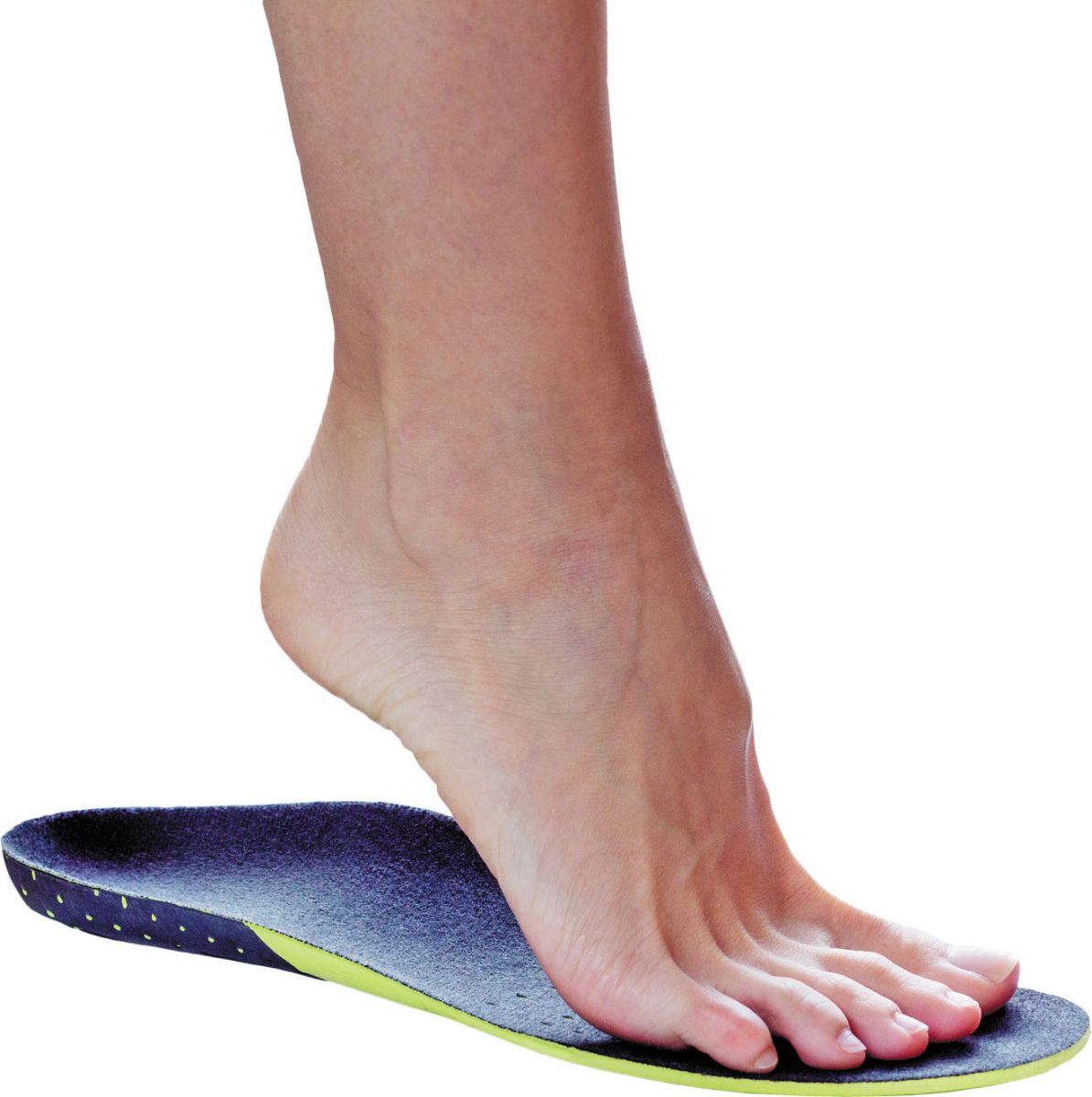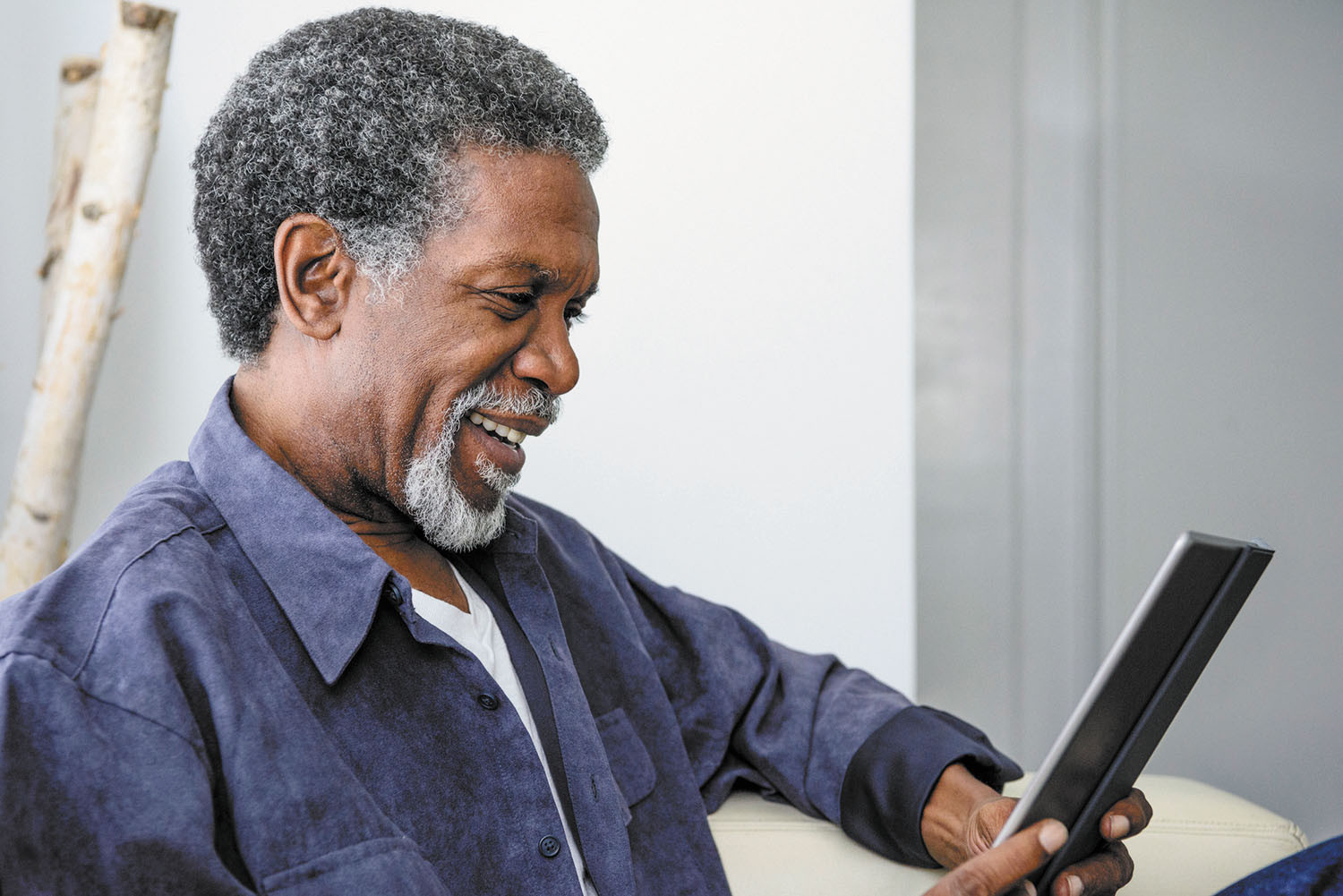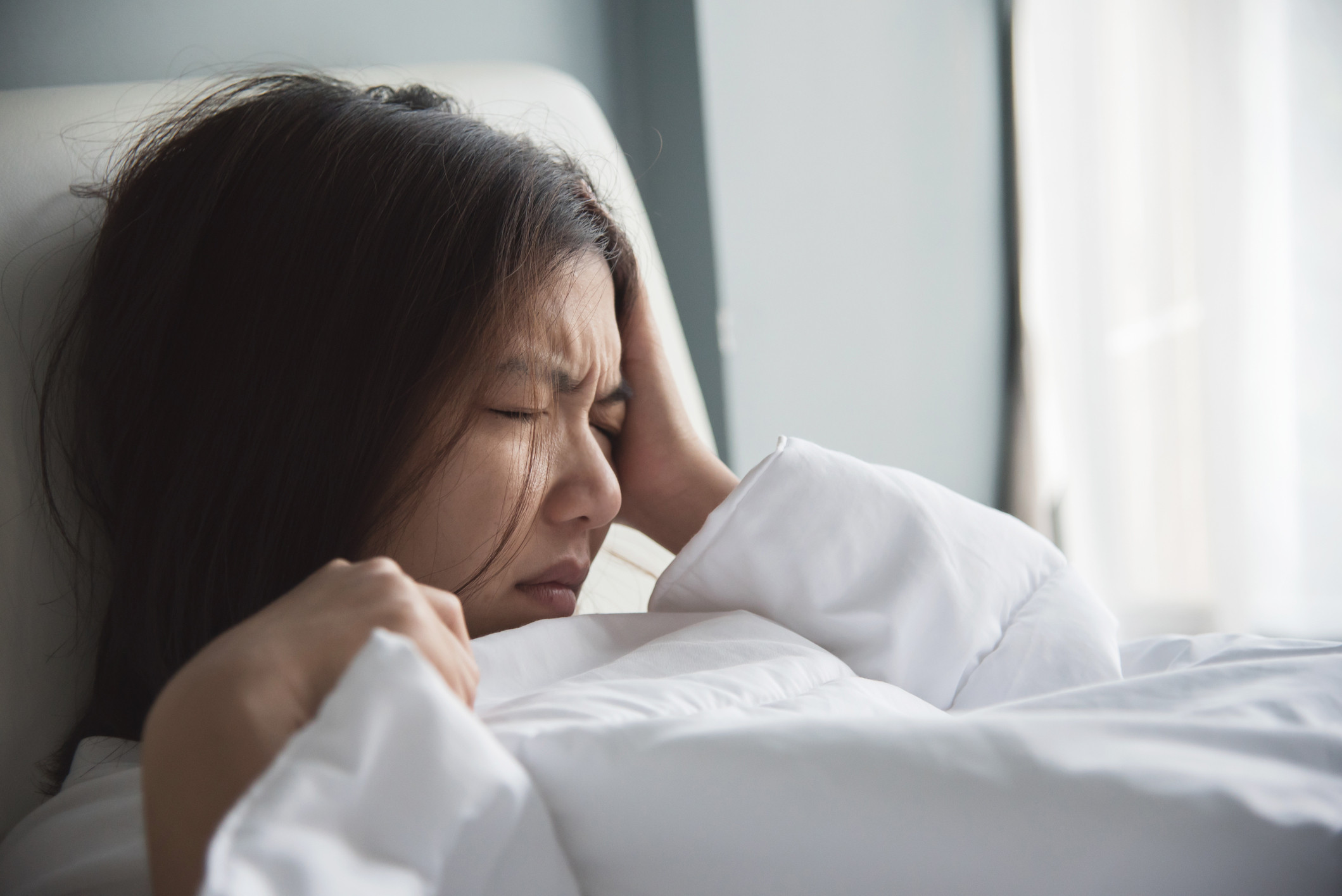
What are somatic workouts?

How to curb your stress eating

How to spot Parkinson’s disease symptoms

8 simple ways to reduce ultra-processed foods in your diet

Heart failure symptoms in women: How they’re different

GERD diet: Foods to avoid to reduce acid reflux

Strong is the new skinny

Everyday habits that sneakily weaken your bones

Don’t wait to get help for back pain

Correcting how you walk may ease osteoarthritis knee pain
Pain Archive
Articles
Pain relief, opioids, and constipation
Constipation from pain medication – such as opioids – is a common problem
Prescription opioids provide pain relief, but constipation from pain medication is an all too common side effect.
As we age, pain and pain control become an important issue. Many of the conditions that cause pain disproportionately affect people starting at about age 65. In some surveys, half of respondents ages 60 and older have said that they suffer from chronic pain. About 70% of cancer deaths occur in people ages 65 and older, so cancer pain is frequently the older person's problem.
Pain relief, opioids, and constipation
Constipation from pain medication – such as opioids – is a common problem
Prescription opioids provide pain relief, but constipation from pain medication is an all too common side effect.
As we age, pain and pain control become an important issue. Many of the conditions that cause pain disproportionately affect people starting at about age 65. In some surveys, half of respondents ages 60 and older have said that they suffer from chronic pain. About 70% of cancer deaths occur in people ages 65 and older, so cancer pain is frequently the older person's problem.
The Science of Pain Management - Longwood Seminar
We all experience pain in our lives, but can the cure be worse than the condition? In this seminar, Harvard Medical School experts explore the science of pain, the realities of prescription drug dependence and new discoveries and treatments that may lead to better, safer pain management.
Each spring, Harvard Medical School's Office of Communications and External Relations organizes a series of four free "mini-med school" classes for the general public in the heart of Boston's Longwood Medical Area. At the end of the seminar series, participants who attend three out of the four sessions receive a certificate of completion. Topics are selected for their appeal to a lay audience and have included the human genome, nutrition, sleep dynamics and health care access. Faculty from Harvard Medical School and its affiliate hospitals volunteer their time to present these lectures to the community.
Custom orthotics appear no better than store-bought versions for heel pain
News briefs
When you have a type of heel pain known as plantar fasciitis, you may hear that getting a custom-made orthotic (an insole molded to your heel or your whole foot) can help ease your agony. But a study published online March 19, 2018, by the British Journal of Sports Medicine suggests that custom orthotics — which can run a few hundred dollars — are no more helpful than less expensive over-the-counter versions, which cost about $20 or less. Plantar fasciitis is an inflammation of the plantar fascia, a band of tissue that extends along the bottom of the foot from the heel to the toes. It's associated with flat feet, a lack of flexibility, and overuse. Researchers analyzed 20 randomized controlled studies (the gold standard in research) that included about 1,800 people and eight different types of foot orthotics. Scientists found no difference in short-term pain relief among people who used custom-made orthotics compared with people who used store-bought versions. They also found that orthotics weren't better at relieving pain or improving function compared with other treatments for heel pain, such as stretching, wearing a heel brace, or using a splint at night. Plantar fasciitis often gets better with time as well as rest, ice, over-the-counter painkillers, and exercises to improve calf strength.
The surprising side effects from using technology
Repetitive motion and poor posture can lead to aches and pains.
Image: © Johnny Greig/Getty Images
You've mastered the art of texting, emailing, and web surfing on your smartphone and computer. But along with that digital prowess, you've picked up an unexpected side effect.
"We get a number of patients who develop injuries from these activities," says Dr. Tamara Rozental, an orthopedic surgeon who specializes in hand, wrist, and elbow disorders at Harvard-affiliated Beth Israel Deaconess Medical Center.
Don’t allow arthritis to keep you from exercising
News briefs
Image: © adamkaz/Getty Images
Exercise is considered the most effective pill-free treatment to cope with the pain and stiffness of arthritis. And more people are getting advice from their health care providers about how to stay active, according to a study published online Jan. 5, 2018, by the CDC's Morbidity and Mortality Weekly Report. Researchers looked at national health surveys gathered from 2002 to 2014. In that period, there was an increase in the proportion of people with arthritis (osteoarthritis, rheumatoid arthritis, gout, lupus, or fibromyalgia) who said their clinician suggested physical activity to help reduce symptoms — from 52% in 2002 to about 60% in 2014. But by 2014, about 40% of arthritis sufferers still said they weren't getting exercise counseling. That's significant, considering that 91 million people ages 18 or older are affected by arthritis, according to a study published online Nov. 27, 2017, by Arthritis & Rheumatology. You don't have to wait for a doctor to suggest exercise as an arthritis treatment. Try something gentle, like walking, tai chi, or modified yoga. For more ideas, check out the Harvard Special Health Report The Joint Pain Relief Workout (www.health.harvard.edu/jprw).
Gout: Inflammation and your joints
Inflammation is a key component of arthritis and other chronic joint diseases. Gout, a painful and potentially debilitating form of inflammatory arthritis, develops when tiny, needle-shaped crystals of uric acid (a biological waste product) accumulate in the joints. The presence of these uric acid crystals triggers the release of cytokines, and these inflammatory messengers attract neutrophils and other white blood cells to the scene. Gout usually affects one joint at a time, most often the big toe, but sometimes it occurs in a knee, ankle, wrist, foot, or finger.
Early on, gout flare-ups tend to be intermittent. If gout persists for a long time, the joint pain can be ongoing and mimic other types of arthritis. After several years, uric acid crystals may collect in the joints or tendons. They can also collect under the skin, forming whitish deposits. They are called tophi, lumps of tissue that form under the skin of fingers, knuckles, and elsewhere.

What are somatic workouts?

How to curb your stress eating

How to spot Parkinson’s disease symptoms

8 simple ways to reduce ultra-processed foods in your diet

Heart failure symptoms in women: How they’re different

GERD diet: Foods to avoid to reduce acid reflux

Strong is the new skinny

Everyday habits that sneakily weaken your bones

Don’t wait to get help for back pain

Correcting how you walk may ease osteoarthritis knee pain
Free Healthbeat Signup
Get the latest in health news delivered to your inbox!
Sign Up











